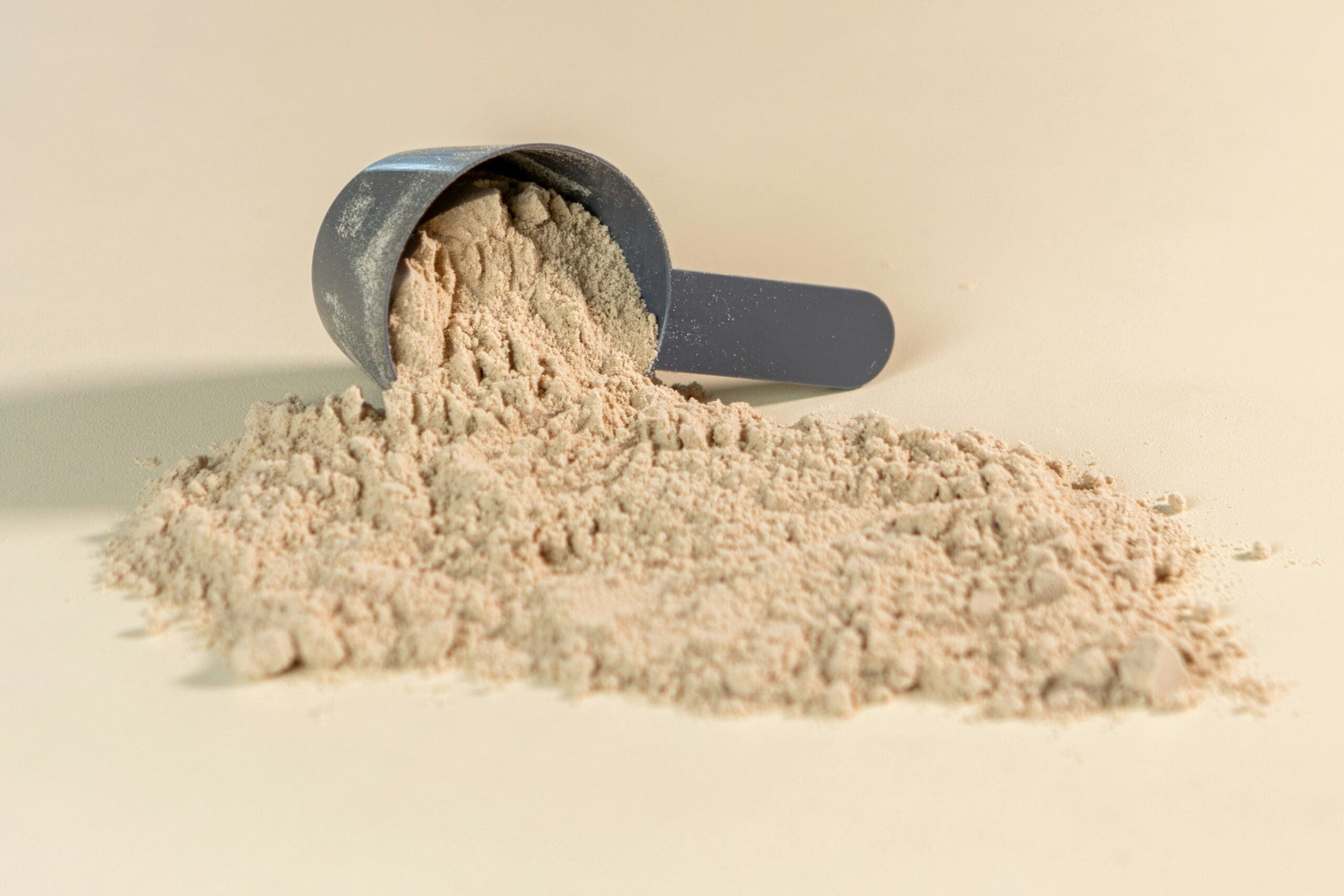If you’re trying to conceive, there’s one fertility-boosting nutrient you’re likely not getting enough of and it could be quietly impacting your hormones, egg quality, and overall fertility.
That nutrient? Protein.
You’re not alone. In my fertility clinic, I see the same eating patterns over and over again. Breakfast might be toast with avocado and a coffee (yum, but not enough), followed by a light salad or sandwich for lunch…maybe with a little chicken tossed in.
These sound like healthy meals, and they are but there’s one major problem: They’re not providing enough protein to support your fertility.
Not only is there barely enough to fuel your muscles and energy needs, but there’s none left over to support healthy egg development, hormone production, and cellular repair. And unfortunately, eating one big portion of protein at dinner isn’t enough to make up for what’s missing earlier in the day.
Why protein is essential when trying to conceive
Protein isn’t just for gym gains. It plays a crucial role in fertility – for both women and men. Here’s why it matters:
- Supports hormone production
- Improves egg quality and sperm health
- Aids tissue repair and growth
- Fuels DNA replication for both you and your future baby
- Provides essential nutrients like iron, zinc, and vitamin B12
Too many women are under-eating protein and calories, especially when trying to lose weight or “eat clean.” But being in a caloric or protein deficit can create a stress response in the body, making it harder to conceive. Even if you’re carrying extra weight, undereating can be counterproductive to your fertility goals.
How much protein do you need for optimal fertility?
As a general guide:
- Aim for 0.8g–1.2g of protein per kilogram of body weight.
- For a 70kg woman, that’s 56–85g of protein per day.
- If you’re exercising regularly (3–4 times a week), you may need closer to 100g daily.
Spreading your protein intake evenly across the day is key, not just loading up at dinner.
Best protein sources for fertility
You don’t need to eat massive amounts of meat. In fact, excessive animal protein may negatively impact ovulation for some women. What works best is a balanced mix of animal and plant-based proteins.
Here are some great options
Animal-based proteins:
- Eggs
- Chicken, turkey, beef, lamb
- Fish (especially low-mercury options like salmon and sardines)
- Greek yoghurt and cottage cheese
Plant-based proteins:
- Lentils, chickpeas, and black beans
- Tofu and tempeh
- Quinoa and buckwheat
- Edamame
- Nuts and seeds
Choosing a protein powder
If you’re using a protein supplement, keep it clean. Look for:
- Whey, collagen or plant-based protein
- No added vitamins or minerals
- No artificial sweeteners
- No herbal supplements or caffeine
Easy ways to increase protein in your diet
Simple tweaks can make a big difference:
- Add collagen powder to soups or smoothies
- Choose Greek yoghurt over regular yoghurt
- Top meals with nuts and seeds
- Add cottage cheese to snacks or meals
- Include smoked salmon or turkey bacon with your eggs
- Make sure every meal and snack includes a protein source
- Bulk out salads with quinoa, lentils, chickpeas, or edamame
- Eat your protein first in the meal (it also helps with blood sugar!)
Why this matters for your fertility journey
I’ve seen women fall pregnant naturally after making simple nutrition shifts. I’ve also seen IVF success rates improve when we optimise protein intake and address fertility nutrition foundations.
If you’re doing everything right and still not seeing results, protein intake might be the piece you’ve missed.

+ show Comments
- Hide Comments
add a comment